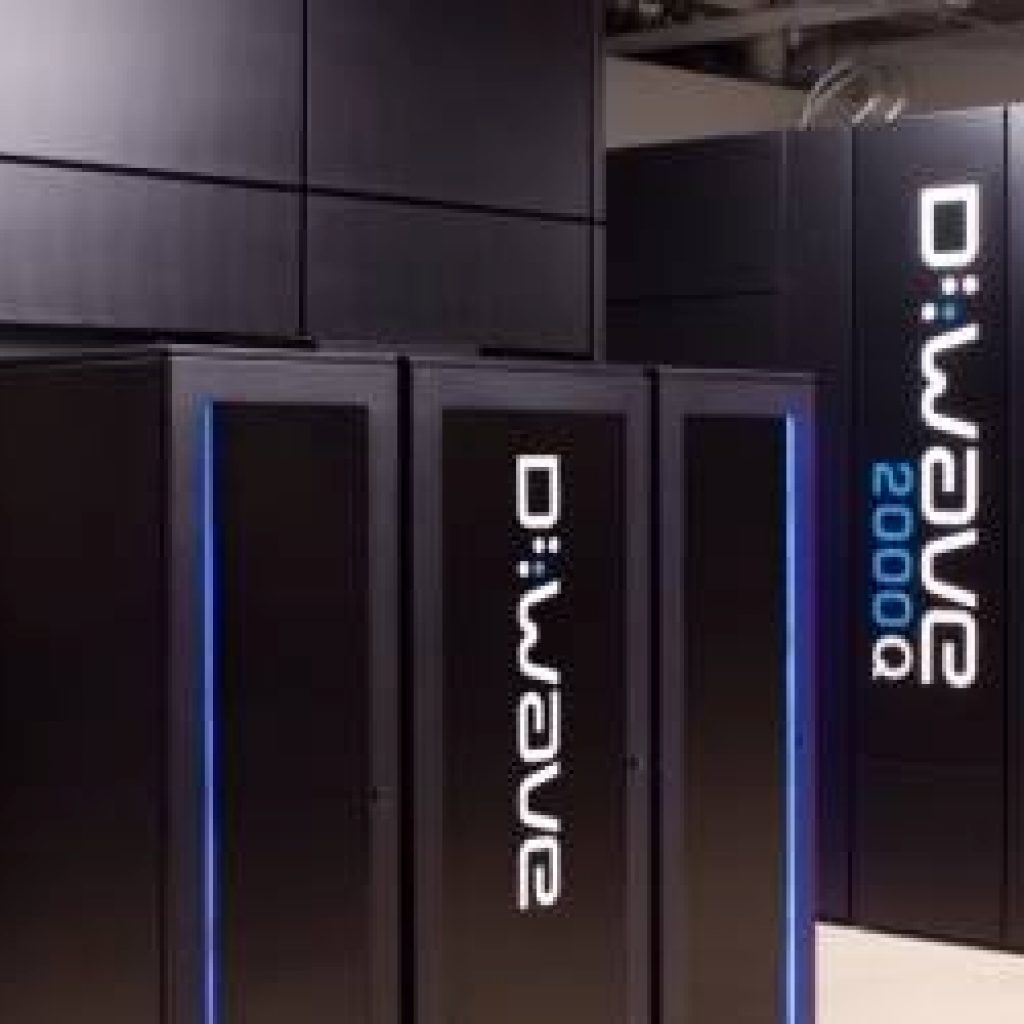(TechCrunch) D-Wave has announced a superconducting gate-model quantum computer — of the kind IBM and others currently offer — is now also on its roadmap.
D-Wave believes the combination of annealing, gate-model quantum computing and classic machines is what its businesses’ users will need to get the most value from this technology. “Like we did when we initially chose to pursue annealing, we’re looking ahead,” the company notes in today’s announcement. “We’re anticipating what our customers need to drive practical business value, and we know error-corrected gate-model quantum systems with practical application value will be required for another important part of the quantum application market: simulating quantum systems. This is an application that’s particularly useful in fields like materials science and pharmaceutical research.”
Early on, the company argues, annealing provided the fastest path to building quantum applications. Today, about 250 D-Wave customers have built applications for its hardware, which virtually all of its users access through its Leap cloud service. And since there’s clearly value in quantum annealing, too, D-Wave won’t do away with it. “Annealing remains core to our roadmap,” the company says, and it plans to continue to invest and develop its current systems. Indeed, D-Wave believes that annealing — and the optimization use cases it enables — will account for about a third of the quantum application market.
The company is also clearly aware that this is a major change in its strategy and that it has a bit of explaining to do. For years, after all, D-Wave argued that its annealing technology might one day be able to be used for a general quantum computer, too. Now, however, the company notes that since the technology and theory behind it has matured — and D-Wave itself has learned a lot about the materials engineering challenges involved — it’s “exactly the right time from a technical and theory perspective to face the challenges of gate-model implementation head-on.”
D-Wave is also quite open about the fact that this isn’t going to be a straightforward journey. After all, this is still quantum computing we are talking about. Given this, it’s not surprising that the company’s roadmap for its gate-model processor doesn’t feature any dates, but instead phases that range from building a first qubit (phase 1) to building a general-purpose quantum processing unit (QPU).
D-Wave Announces Plans to Build a Gate-Model Quantum Computer
